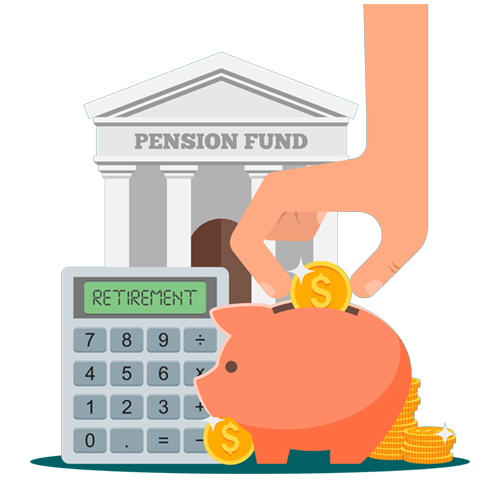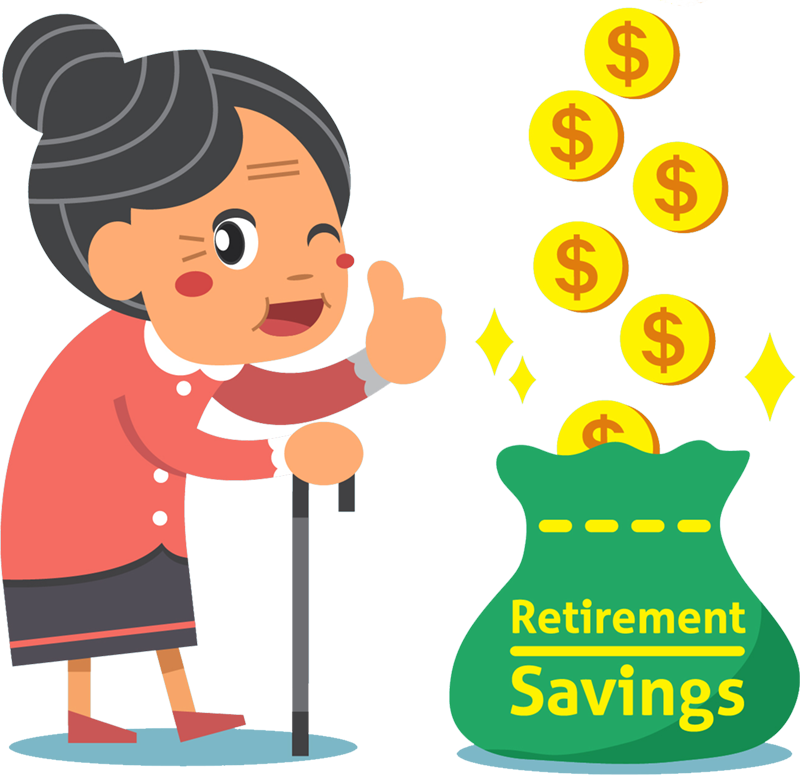Answers to
Practical Questions
What % of my annual salary should I invest?
TheAnswerIs……..it depends.
Let’s start with some working parameters:
Let’s say I earn $51,000 per year, (i.e. the average salary in Canada per Workopolis), and let’s also say I want to achieve the proverbial $1,000,000 nest egg by age 65.
As of April 2018, the Financial Planning Standards Council suggests Canadian Equity will generate an average long-term return of 6.4% per year, and Fixed Income will earn 3.9% per year.
In terms of the cost of investing, Mutual Funds can cost 2% per year, and ETFs can cost 0.20%, (yes, the decimals are in the correct place, Series “A” Mutual Funds cost 10 times more than ETFs).

Scenario #1 (Balanced Mutual Funds can be a REAL Bummer)
Ok, let’s say I am 22 years old, (oh I wish) and have graduated college / university or achieved a trade, and am very fortunate to be earning the Canadian average salary of $51,000 per year.
I am a real keener, so I visit my local Bank branch where the very nice “advisor” person has me answer some risk profile questions. I don’t know what I don’t know about investing but do my best. Based on my “uninformed answers”, the very nice advisor person suggests a Balanced Mutual Fund (60% Equity and 40% Fixed Income) so that I don’t experience too much volatility. I think this all sounds very smart and I feel quite responsible. I am an adult now!

The Balanced Mutual Fund return is expected to be 5.4%, (i.e. 60% Equity * 6.4% Equity return) + (40% Fixed Income * 3.9% Fixed Income return). HOWEVER, that 5.4% return is BEFORE the 2% Mutual Fund fee, which means I only get to keep 3.4% per year.
Under this scenario, if I start to invest at age 22, in order to achieve my goal of $1M by age 65, the nice advisor person tells me I need to save and invest $10,600 per year, or almost 21% of my salary.
21% of my gross salary!!!
THAT IS GROSS!! “Impossible”, I say.
Worse, for each year I wait, I need to save an additional $550 per year. If I wait until I am 30 to start this program, the not so nice advisor person tells me I will have to save $15,300 per year or about 45% MORE than if I had started at age 22.
I am discouraged and decide to focus the money I have on life “experiences”, and to hell with the future………
Scenario #2 (All Equity ETF Portfolio to the rescue)
Re-do, let’s say I am 22 years old, and very fortunate to be earning the Canadian average income of $51,000 per year.
Only this time instead of talking to the very nice advisor person at my local Bank branch, I used my Googlizer to see if there was a better way to invest. Low and behold, there is!
Online, I can set up a direct investing account at one of the alternative trading platforms like Questrade, Qtrade, or I could even set up a direct investing account at one of the big Bank online brokerages. Now I can purchase equity ETFs directly, effectively cutting the very nice advisor person out of the action. I do feel a little bit bad about that, but I need to look after myself and my future family. Ok better now.

I also did a bit of reading and have bought into a few key investing concepts:
The money I set aside for long-term investing MUST remain untouched until I reach my goal at age 65.
I now know in advance that stock (equity) markets are very volatile, and I fully expect to experience several 20% - 50% stock market drops over my 40-year investment horizon.
I know not to sell during these down turns.
I will only invest in large capitalization ETFs with a minimum 5-year trading history, (see one potential model ETF portfolio by taking the Ready to Invest Quiz at https://theansweris.ca/profile.php ). No need to pick individual stocks, and no need to chase the flavour of the month investment ideas or tips from friends.

Based on my accepting this increased volatility, I am well positioned to invest in an all-equity ETF portfolio which is expected to earn 6.4% per year. But I must now subtract the ETF fee of 0.2% (not 2.0%), and as a result, my net return from an all equity ETF portfolio is expected to 6.2%.
Under this scenario, starting at age 22, I need to save and invest $5,050 per year, (or LESS THAN ONE HALF as much as if I invested in Balanced Mutual Funds), to achieve my goal of $1,000,000 at age 65. Now $5,050 is still a heck of a lot of money, but it equates to a manageable $13.80 per day or 9.9% of my annual salary.
Fortunate Ones
Workopolis says the average salary in Canada is $51,000 per year, but if you happen to be in Finance and Insurance, Scientific and Technical Services, or are doing well as a Project Manager, Business Analyst, Registered Nurse or in Sales, typical salaries can be $70,000 or more per year.
At $70,000 per year, in order to achieve the same $1M at age 65, the $5,050 required to be saved and invested equates to only 7.2% of salary.
Sooooo, what % of my salary do I need to invest to achieve $1M at age 65?
It depends.
Most importantly it depends on whether I invest in all-equity low-cost ETFs vs high-cost Balanced Mutual Funds, and it also depends on when I start my investment program, (today is always the BEST day to begin).

Need some ideas on how to save a bit of money each week so that you can begin to invest?
Having difficulty putting money aside to fund an investment program? Check out a list of ideas of how to save $13.80 per day in order to fund a $1,000,000 investment program.
Alternatively, grab a copy of Cash Flow Cook Book by Gordon Stein. Gordon identifies 60 ways day to day expense categories can be trimmed without having to live in a cave.
